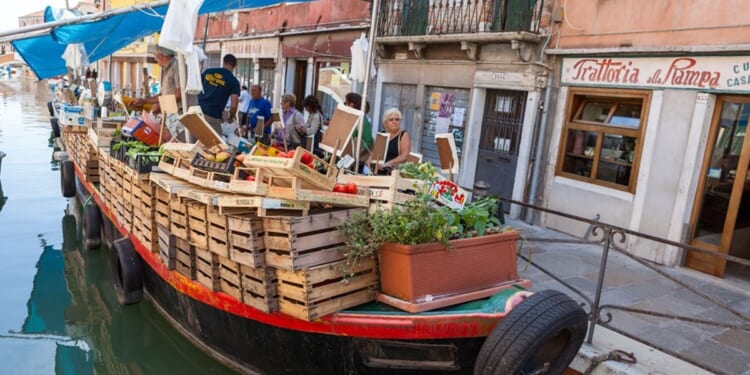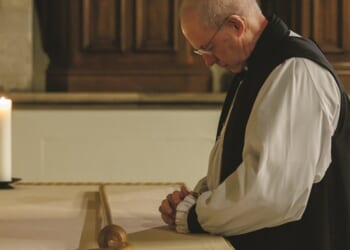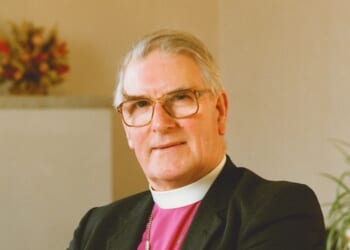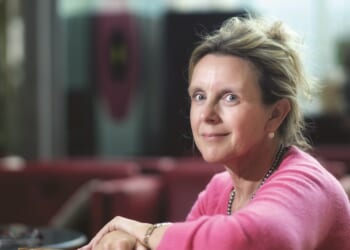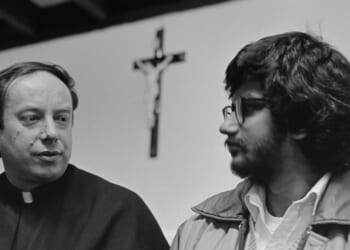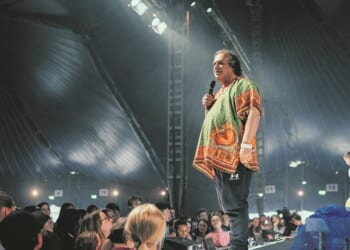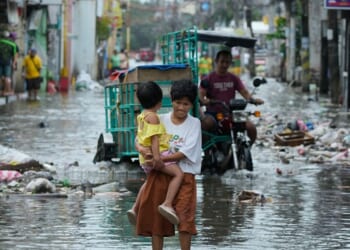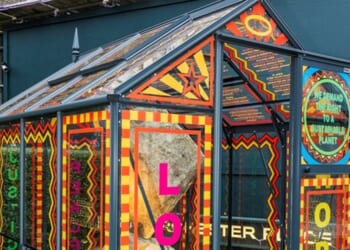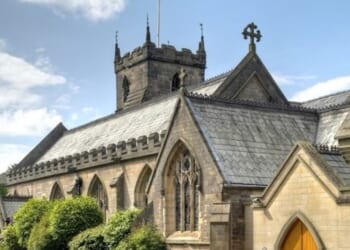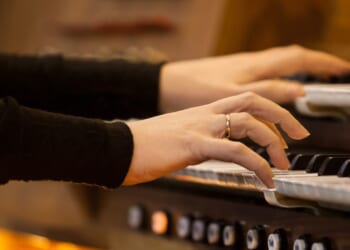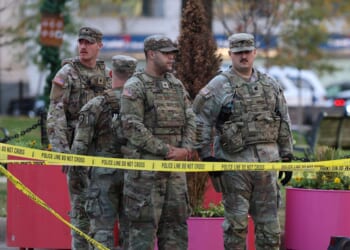TOURISTS almost only ever go to the Via Garibaldi if they are hopelessly lost. It is a long way from the world of San Marco and the Rialto, which most people think of as Venice. They are especially unlikely to go to it, as it is the only part of Venice which lacks a canal. Its central body of water was filled in by the French in 1797 as part of a plan to cut off Venice from the sea.
I am not short of reasons to hate Bonaparte from across the centuries, but his plan for Venice gives us a particular insight into his soul. To look at the shimmering city on the sea, and to think that it would be better off encased in concrete, suggests a worrying distance from the ethereal and, by extension, the divine.
About two-thirds down the canal, the French got bored, or handed the city to the Austrians, or, for some other reason, stopped, meaning concrete now gives way to canal again. The austere rationality of Republican France ceases, and the decadent chaos of La Serenissima returns. It is normally here that, confused by the change back into canal, those same tourists finally admit that they are lost. At this exact intersection of world-views lies Trattoria alla Rampa.
It is a small building, whose entrance, like the Church of the Nativity, requires a bow from all but the smallest child or most stooped pensioner. There is no indication in the front bar — all crusted magnums of Amaro and confusing memorabilia — of the canteen that lies behind. It is a mix of abbatoir workers, gondoliers, and impeccably dressed old ladies who nibble at veal or squid.
VENICE is full of beautiful, spiritual places, a feast of buildings designed for the hallowing of God, but it is at Alla Rampa where I have most felt a sense of communion: communion with the spirit of the city, communion with its ever-shrinking body of citizens, and communion with whomever it is I have brought there, to share my favourite Venetian secret.
The waitresses clatter through and greet customers as old friends; the wine and food never cease to come to the table until one holds up a defeated hand in gratitude and benediction. I don’t know exactly what heaven will be like, but, if there’s some approximation of this, I shall be delighted.
Over long lunches — jet-black, squid-ink linguine, followed by tender liver, onions, sultanas, and sage, all washed down with the flagons hat they provide of ever-so- slightly sour wine — souls have opened. I have left that restaurant feeling that I know and love some of my oldest friends, members of my family, even my wife, more profoundly as a result of our idle hours there.
And, each time, I wander back along the Riva degli Schiavoni, I sense more profoundly a knowledge of myself, and of God who, despite knowing the weaknesses and failures of that same self, still loves and gives abundantly. Unlike the tourists, it is at Alla Rampa that I realise I am not so lost after all.
The Revd Fergus Butler-Gallie is Vicar of Charlbury with Shorthampton, in the diocese of Oxford.
Twelve Churches: An unlikely history of the buildings that made Christianity is published by Hodder & Stoughton.

